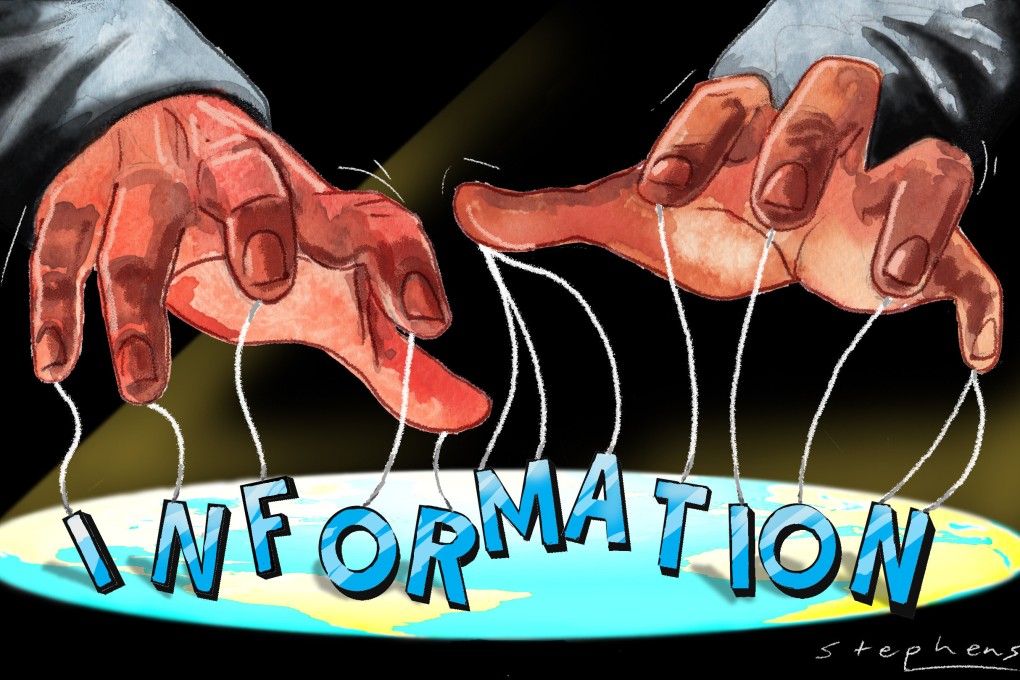Opinion | Xinjiang ‘genocide’ claims and coronavirus origins: beware of spin and disinformation amid rising US-China tension
- As the Iraq war and Tiananmen Square crackdown have shown, accepted narratives can prove to be wrong. The lesson amid today’s shifting geopolitics is: don’t pass judgment too quickly, especially when things are evolving

The world believes large numbers of people were “massacred” at the square on June 4. Bob Hawke, who was the Australian prime minister in 1989, read part of a diplomatic report in public just days after.
He said: “When all those who had not managed to get away were either dead or wounded, foot soldiers went through the square bayoneting or shooting anybody who was still alive … anti-personnel carriers and tanks then ran backwards and forwards over the bodies of the slain until they were reduced to pulp, after which, bulldozers moved in to push the remains into piles which were then incinerated by troops with flame-throwers.”
The report noted that diplomats knew soon after the Tiananmen Square incident that many of the details, including those read out by Hawke, were false.

